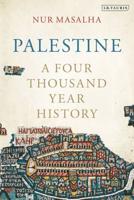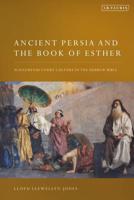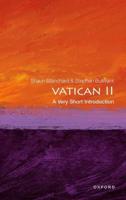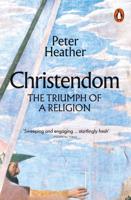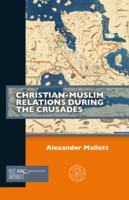Publisher's Synopsis
Between 1890 and 1917 thousands of lower middle class Americans rejected private property and joined communal religious societies from Maine to Washington. They were part of the radical holiness movement, the forerunners of today's Pentecostals. Yet groups like these have been ignored in histories of Pentecostalism, which trace its origins to the Azusa Street revival of 1905, thus overlooking the groups from which that revival sprung. In this book, William Kostlevy uncovers this forgotten chapter of American religious history by telling the story of one of the most important of these radical communal societies, the Metropolitan Church Association. Known as "Burning Bushers," after their acerbic publication, they challenged the values of late-Victorian America. They objected to capitalism, confronted "elite" denominations, and offered an alternative, radical vision of Christianity. The roots of Pentecostalism, Kostlevy shows, are far more radical than the movement's present conservatism suggests.






